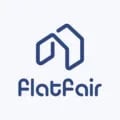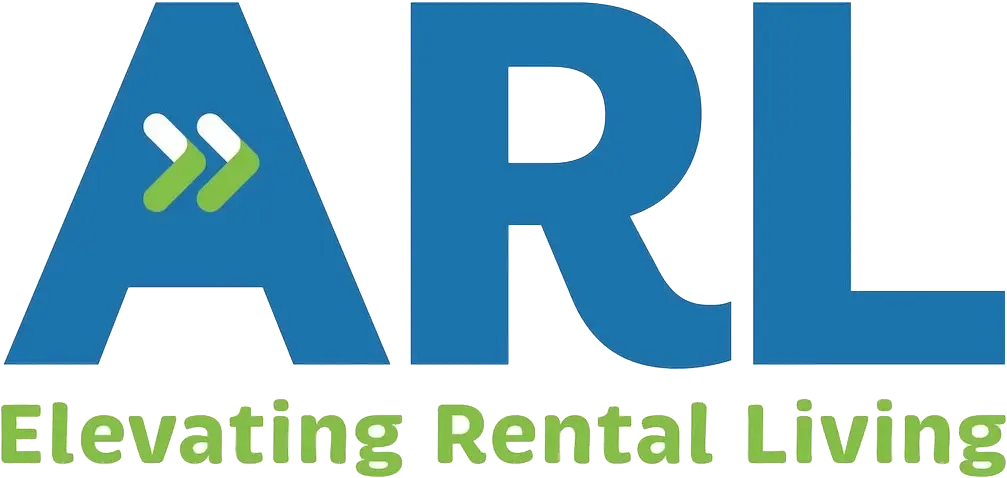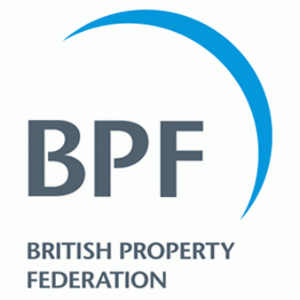One of the biggest areas that landlords, agents and tenants are paying attention to are deposit alternatives. As tenants face ever-increasing upfront costs to start a tenancy, several companies have developed alternatives to the traditional cash deposit.
These alternatives are seeing increases in their usage across the lettings sector, and their profile raised amongst renters.
But many issues around how they work exactly are still unexplored. This was the topic of a webinar I recently came across, which showed how far we still have to go to make deposit alternatives an accepted model across the sector.
The central issue raised was one of education. Ultimately we have to accept that deposit alternatives are a new system meshing with a traditional model firmly entrenched in the minds of renters.
The advice given was centred on ensuring that tenants know what they are signing up for, especially when regarding fees and what their payment is going towards. But deposit alternatives should go further than this, using their systems to educate tenants and encourage good behaviour from both tenants and landlords.
At flatfair, this is something that we believe in strongly: giving renters more empowerment and control over their finances, and making the whole rental transaction more transparent – allowing both sides to feel more confident about what is going on behind the scenes.
This also forms a crucial differential between flatfair and insurance-based products. Insurance products incentivise the wrong behavior in tenants, sending the message that they won’t be liable for any damage they cause, therefore increasing the likelihood of friction between tenant and landlord. It also requires regular payments towards an insurance premium, making the structure harder to understand for tenants who are used to making a one-off payment at the start of their tenancy. And every insurance company wants to pay out as little as possible, further risking the relationship between tenant and landlord.
There is a better way. flatfair uses open banking technology to introduce transparency into the rental sector, and to build trust between tenants and landlords. Our payment system is straightforward, and the education of tenants is at the core of our business model. Tenants are encouraged to behave better throughout their stay, and any end of tenancy payments are charged directly, and assessed on their merits rather than as part of a pot of money or insurance payout.










